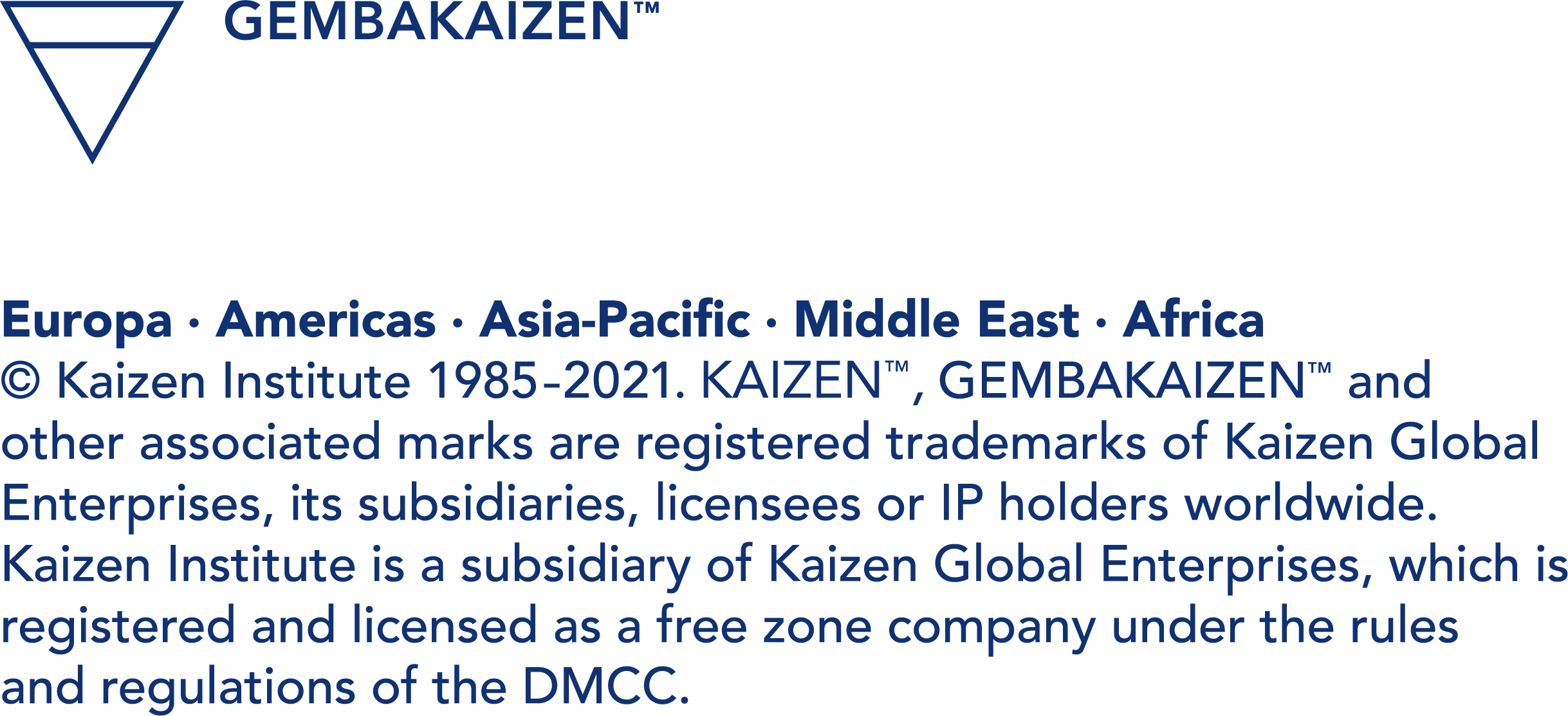Jack Welch loves sports. He once said “Sports are everything,” and credits the lessons he learned on the playing field for establishing a foundation for his leadership abilities (Welch is now an avid golfer).
When Welch became CEO, Few executives used the language of sports to describe business. But Welch found the language of business too confining, and often turned to sports to describe his passion for leadership. He often urged his managers to “involve everyone in the game, ” Knowing that business need every brain in the company to succeed.
Since business is about ideas and intellect and engaging every mind, Welch did not think that any business could afford to leave any players on the bench. His key cultural initiative, Work-Out, was expressly designed to make sure that every workers had a voice in saying how things should be run.
The Welch way of thinking went against conventional business wisdom.

In the Pre-Welch years of the 1960’s and 70’s, some American corporations were operated like exclusive clubs. It was the workers who worked, and the managers who managed. The problem, as Welch saw it, was that the people who did the work had “some strinking ideas on how things could be done better,” but no one had bothered to ask them how.
In involving everyone, the GE chief was creating a new brand of organization. No longer would rank and authority make every decision. In Welch’s world, it is the person with the best idea who often wins. At GE, new ideas are rewarded and celebrated, which encourages others to want to contribute as well.
Welch has always said that GE is a meritocracy, meaning that hiring and promotion decisions are based on ability and achievements. There is no secret to getting ahead at GE. Those who are rewarded are those who live the values, show “guts,” and, in doing so, make the numbers. Welch called those people “A players,” and often said that GE was “an A-plus company.”
Welch achieved the pinnacle of success because he was able to get so many involved in the game. Here are some ideas for doing it the Welch way:
Participate more: Engaging everyone does not start with the person in the next cubicle or office, it starts with you. Tell your boss that you would like to help her achieve her goals, and ask exactly what you can do that would help.
Make sure everyone feels free to speak out: In order to engage every mind, every member of the team must feel comfortable enough to speak out.
Suggest an informal brainstorming session: Some people are intimidated by formal meetings. Suggest a brown bag lunch and tell people to come prepared with at least one idea on how things can be improved in your organization.
Acknowledgement: The Welch Way book by Jeffrey A. Krames












